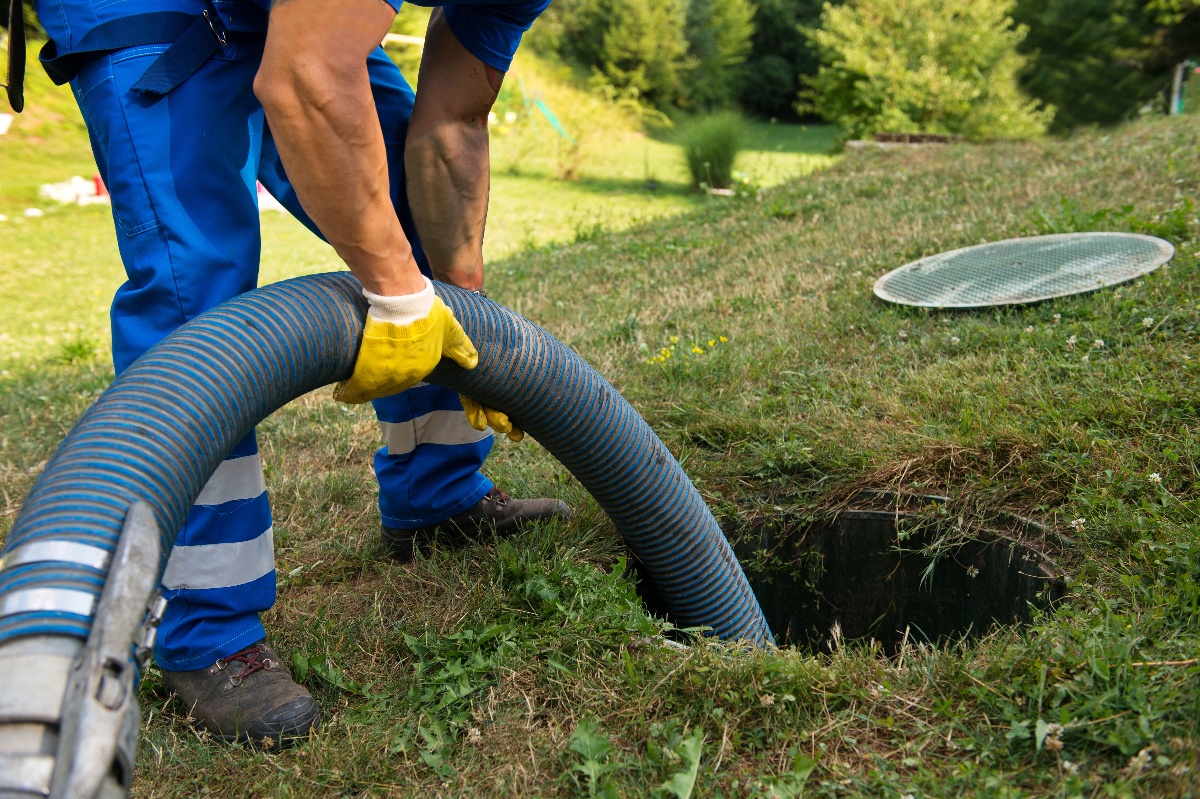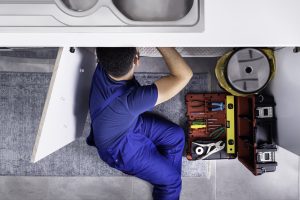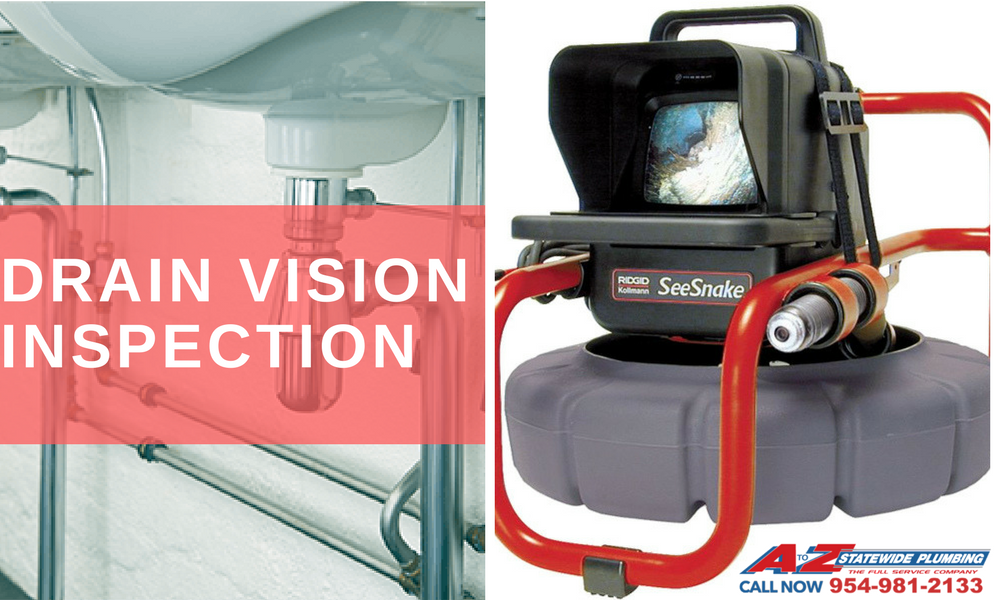Why Preventive Maintenance Is Necessary for Air Conditioning Systems
Preventing problems is often a lot easier than solving them. If you have a car, you make sure to put gasoline in it and change the oil regularly to keep the vehicle running smoothly and prevent damage to the engine. You do what you can to eat healthfully and get enough exercise to help your body stay well and ward off illness. Your home’s HVAC or air conditioning system is another thing that needs regular maintenance. Preventative maintenance of your A/C system can help you avoid the need for air conditioner repair in Pittsburgh, PA. Learn more about the benefits of maintaining your A/C and how to do it.
Maintenance Improves Energy Efficiency
 The average household spends around $1,856 on home energy bills each year. In Pittsburgh and the surrounding area, air conditioning accounts for around 5% of the total household energy bill. When new, an energy-efficient air conditioner is going to use less electricity and help you save on your energy bills. As the system gets older and sees more and more use, though, its efficiency is likely to diminish, leading to a higher bill.
The average household spends around $1,856 on home energy bills each year. In Pittsburgh and the surrounding area, air conditioning accounts for around 5% of the total household energy bill. When new, an energy-efficient air conditioner is going to use less electricity and help you save on your energy bills. As the system gets older and sees more and more use, though, its efficiency is likely to diminish, leading to a higher bill.
The build-up of dirt and debris on the coils and filters of an A/C unit make it work harder. Scheduling regular maintenance and tune-ups of your system will help to clear away dirt and debris from the various components, easing the strain on the system and maximizing its energy efficiency. Even something as simple as trading a used, dirty filter for a clean one can be enough to improve energy efficiency by up to 15%.
If you’ve noticed a steady uptick in your electricity bills during the summer and haven’t been turning down the thermostat or using your A/C more than usual, the system is likely in need of some TLC. Preventative air conditioning repair in Pittsburgh, PA, can help it run like new again.
Maintenance Extends the Life of Your A/C
“Live hard, die young” isn’t an expression you want to apply to your home’s air conditioner. The harder your A/C has to work to keep things cool, the shorter its lifespan is likely to be.
Just as you go to the doctor’s for an annual preventative exam or bring your car into the shop for its annual inspection, you should schedule a yearly tune-up of your air conditioner to keep it in good working order and to catch any potential issues before they lead to a breakdown and the need for more costly AC and furnace repair in Pittsburgh, PA.
During an annual tune-up, a trained technician will inspect all the components of your system, looking for signs of wear or damage. They’ll recommend or perform small fixes, such as changing the air filters or cleaning the coils, to improve the functioning of the air conditioner. The technician will also give you tips to help you run your air conditioner efficiently.
Maintenance Keeps Your System Under Warranty
Another practical reason to schedule regular air conditioner services in Pittsburgh, PA, is that doing so might be required if you hope to keep your system’s warranty active. In many cases, the warranty on an HVAC or air conditioning system requires the homeowner to have the system inspected and tuned-up annually.
If you skip the tune-up and something goes wrong with your system, you can be on the hook for paying for the costly repair or replacement, even if it’s technically still under warranty.
Maintenance Improves Your Home’s Air Quality
Your air conditioner doesn’t just keep your home cool. It also helps to lower the humidity level indoors, and it helps to filter the air. Keeping moisture levels down is essential for your health and the health of your home. When the humidity is too high, there’s a greater risk for mold growth, which can damage the structure of your house. Mold can also cause breathing problems and trigger allergies in sensitive people.
The filter in your air conditioner helps to keep dust, mold spores, and other potential allergens from circulating through your home. When the filter becomes full or clogged, it’s not able to do its job, and the air quality inside can suffer. Even if you and those who live with you don’t have allergies or asthma, keeping the air in your home as clean as can be is vital for your overall health.
What Preventative Maintenance for Your A/C Entails
There are some maintenance tasks you can take care of yourself, such as changing the air filter and clearing the area around the condenser, to help keep your air conditioner in good working order.
Some maintenance tasks are best left to a trained technician, though. During an inspection and tune-up, a technician will make sure the refrigerant level is correct, check for leaks, inspect the ductwork if necessary, test the motor and test the thermostat. A technician can also replace the air filter and clean the coils and fins as needed.
If a technician notices anything unusual or anything that might be a potential problem down the road, they’ll give you advice about what to do. In some cases, monitoring your system might be enough to keep problems from developing. A simple repair might be all that’s needed in other instances. If your air conditioner is older and is likely to have ongoing issues, the technician might eventually recommend replacing it with a new model.
When to Schedule Preventative Maintenance
Preventative maintenance should take place at least once a year on your air conditioning system or twice a year if you have a combined HVAC system. It’s best to schedule air conditioning service in Pittsburgh, PA, before the summer gets underway. The earlier you schedule your system’s tune-up, the more prepared you’ll be for warm weather, and the less likely you’ll be to experience any issues when the heat does arrive. Stahl Plumbing, Heating & Air Conditioning offers preventative air conditioning services, as well as AC repairs and replacement. Give us a call today to schedule your tune-up and get your A/C ready for the summer to come.
The post Why Preventive Maintenance Is Necessary for Air Conditioning Systems appeared first on Stahl Plumbing, Heating & Air Conditioning.

 People are taking extra precautions right now to prevent having emergencies strike their homes. That’s a good idea, but there is no way to prevent absolutely all of them. Plumbing problems are one type of emergency that can’t wait—when you’ve got troubles that could lead to flooding or sewage back-up, you have to have an
People are taking extra precautions right now to prevent having emergencies strike their homes. That’s a good idea, but there is no way to prevent absolutely all of them. Plumbing problems are one type of emergency that can’t wait—when you’ve got troubles that could lead to flooding or sewage back-up, you have to have an  It’s essential that plants not be too close to the unit. You’ll most likely want to leave at least three feet of space between the unit and your plants. Never put plants on top of your AC unit as well. As a general, it’s best to err on the side of caution when it comes to putting things near your air conditioner.
It’s essential that plants not be too close to the unit. You’ll most likely want to leave at least three feet of space between the unit and your plants. Never put plants on top of your AC unit as well. As a general, it’s best to err on the side of caution when it comes to putting things near your air conditioner.
 Imagine how cool it would be to have X-ray vision? You could see all sorts of cool things, like the insides of people’s houses or even your own skeletal system! And while those things are super neat, we can bet that most plumbers would use this power to peer inside drain pipes and see minor clogs before they cause MAJOR problems.
Imagine how cool it would be to have X-ray vision? You could see all sorts of cool things, like the insides of people’s houses or even your own skeletal system! And while those things are super neat, we can bet that most plumbers would use this power to peer inside drain pipes and see minor clogs before they cause MAJOR problems. Cleaning your drain when it’s starting to get clogged can be a rough experience. Nobody wants to come home from a long day of work, especially if it’s a bad day, and roll up their sleeves to get their hands dirty unclogging a drain. It’s an obnoxious process, and unless you’re a plumber, it can involve a lot of online searches and disheartening experiences.
Cleaning your drain when it’s starting to get clogged can be a rough experience. Nobody wants to come home from a long day of work, especially if it’s a bad day, and roll up their sleeves to get their hands dirty unclogging a drain. It’s an obnoxious process, and unless you’re a plumber, it can involve a lot of online searches and disheartening experiences.

 The list of things that should go down the drain in your home is very short: water and other liquids. But people have the tendency to send all kinds of things down the drain. While rinsing bits of food, coffee grounds or oils down the drain won’t cause much of a problem at first, over time, those solids can build up, leading to a clog.
The list of things that should go down the drain in your home is very short: water and other liquids. But people have the tendency to send all kinds of things down the drain. While rinsing bits of food, coffee grounds or oils down the drain won’t cause much of a problem at first, over time, those solids can build up, leading to a clog.